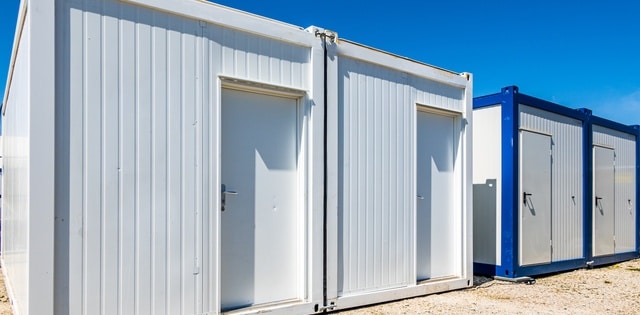How the Utility Industry Can Support Sustainable Communities


The utility industry holds a unique position in supporting sustainable communities. Essential service providers managing electricity, water, gas, and waste systems can drive environmental progress while creating lasting economic value.
The shift toward sustainable utility practices isn’t just about environmental responsibility. It represents a strategic business opportunity that delivers measurable ROI through operational efficiency, customer satisfaction, and regulatory compliance. Communities benefit from cleaner air, reduced energy costs, and enhanced quality of life.
Why Utility Companies Should Prioritize Sustainability
Before we dive into strategies, let’s discuss why utility companies should prioritize sustainable communities from a business standpoint. Implementing these sustainable practices can offer utility companies long-term business benefits and enhance their reputation, attracting environmentally conscious consumers and investors.
Following the best environmental, social, and governance (ESG) practices when building utility grids can make communities more sustainable. Businesses that follow ESG incorporate sustainability measures into their plans for everyday work. This allows them to both work toward their financial goal and help the environment around them. This commitment ensures the company remains relevant while delivering measurable results for communities and stakeholders.
Smart Grid Technology: The Foundation of Sustainable Energy
Modern smart grid systems enable utilities to optimize energy distribution while supporting renewable energy integration. These intelligent networks reduce energy waste by up to 15 percent through real-time monitoring and automated load balancing.
Smart grids provide utilities with detailed consumption analytics, allowing for predictive maintenance and reduced operational costs. Communities benefit from fewer outages, lower energy bills, and the ability to integrate solar panels and other distributed energy resources seamlessly.
Implementation requires initial capital investment, but utilities typically see ROI within three to five years through reduced maintenance costs and improved operational efficiency. Customer satisfaction scores consistently improve by 20 to 30 percent following smart grid deployment.
Water Conservation and Management Solutions
Water utilities can support communities through advanced metering infrastructure and leak detection systems. Smart water meters can provide real-time data on how much water is being used, helping communities monitor and reduce consumption through better awareness and pricing structures.
Utility-sponsored conservation programs create community engagement opportunities while reducing demand pressure on aging infrastructure. Rebate programs for efficient appliances and landscaping modifications demonstrate measurable community impact while managing long-term capacity needs.
Renewable Energy Programs and Community Solar Projects
Forward-thinking utility companies are developing community solar programs that make renewable energy accessible to all residents, regardless of property ownership or roof conditions. These programs typically generate 15 to 25 percent in cost savings for participants while building utility revenue streams.
Green energy purchasing programs let customers choose renewable sources for their electricity supply, often at competitive rates. These programs build customer loyalty while supporting utility sustainability goals and regulatory requirements.
Your Next Steps Toward a Sustainable Community
With many utility companies ready to support sustainable communities, we can see a shift in business practices. Start with comprehensive energy audits and community needs assessments. These foundational steps identify the highest-impact opportunities while building stakeholder support.
Pilot programs can showcase the benefits of these new communities and how a variety of industries can work together to produce them. Success with smaller initiatives creates momentum for larger sustainability investments while providing valuable implementation experience.









